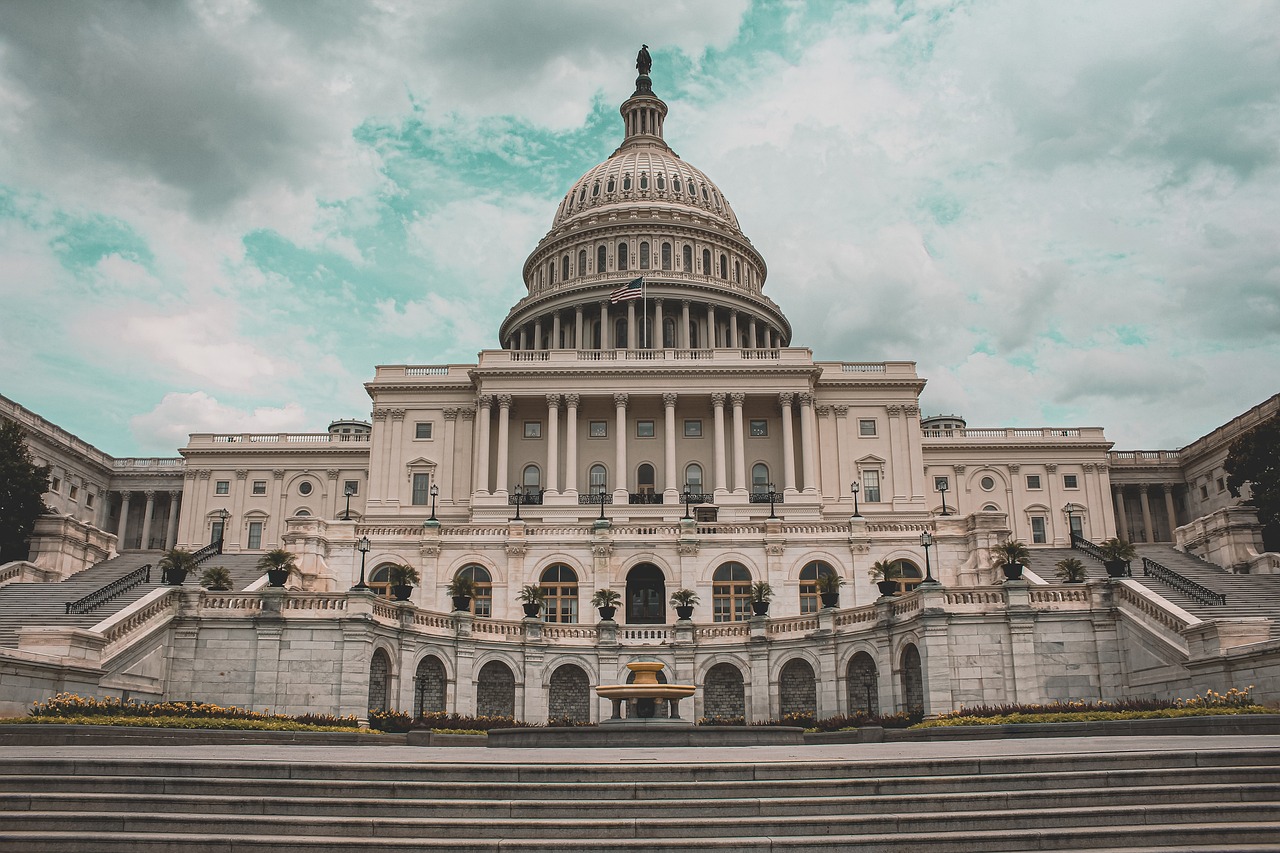The US Court of Appeals for the DC Circuit upheld on Friday the conviction of former Capitol Police officer Michael Riley for obstructing the investigation into the January 6 Capitol riots.
The decision affirms the lower court’s ruling and reinforces the legal consequences for attempts to interfere with official investigations.
Riley was found guilty of tipping off Jacob Hiles, a rioter, about potential charges related to the Capitol breach. Riley’s actions included advising Hiles to delete a Facebook post admitting to his presence inside the Capitol and subsequently erasing their Facebook messages and phone call records to obstruct the investigation.
The appeals court referenced 18 U.S. Code § 1512(c)(1), which criminalizes the corrupt destruction or attempt to destroy evidence with the intent to impair its availability for use in an official proceeding.
The court stated that proving intent under this statute requires demonstrating that the defendant anticipated an official proceeding when engaging in obstructive conduct.
Riley had challenged his indictment on grounds that it did not specify the official proceeding he intended to obstruct.
The court rejected this argument, affirming that the indictment’s allegations of interference with a criminal investigation sufficiently implied a federal grand jury proceeding.
Additionally, Riley contested the sufficiency of the evidence supporting his conviction.
The court found Riley’s explicit communication with Hiles about potential felony charges and his subsequent cover-up efforts indicated his awareness of the probable grand jury indictments, which provided adequate grounds for the conviction.
Riley also argued that the prosecution’s evidence deviated prejudicially from the indictment’s allegations. He claimed that the prosecution improperly focused on his motive to protect himself rather than his intent to protect Hiles. The court disagreed, ruling that the underlying motive was irrelevant to proving intent.
Furthermore, Riley challenged the district court’s decision to partially deny his request for documents related to grand jury proceedings and FBI communications, arguing it was an abuse of discretion. The court deemed the requested evidence irrelevant to proving his intent to obstruct an official proceeding.
Riley’s claim of judicial bias was also dismissed. The court noted that Riley’s objections were merely disagreements with unfavorable rulings and did not demonstrate actual bias affecting the fairness of the trial.
With the appeals court’s decision upheld, Riley’s remaining recourse to contest his sentence of twenty-four months probation and a $10,100 government fee is to seek a review from the US Supreme Court.

